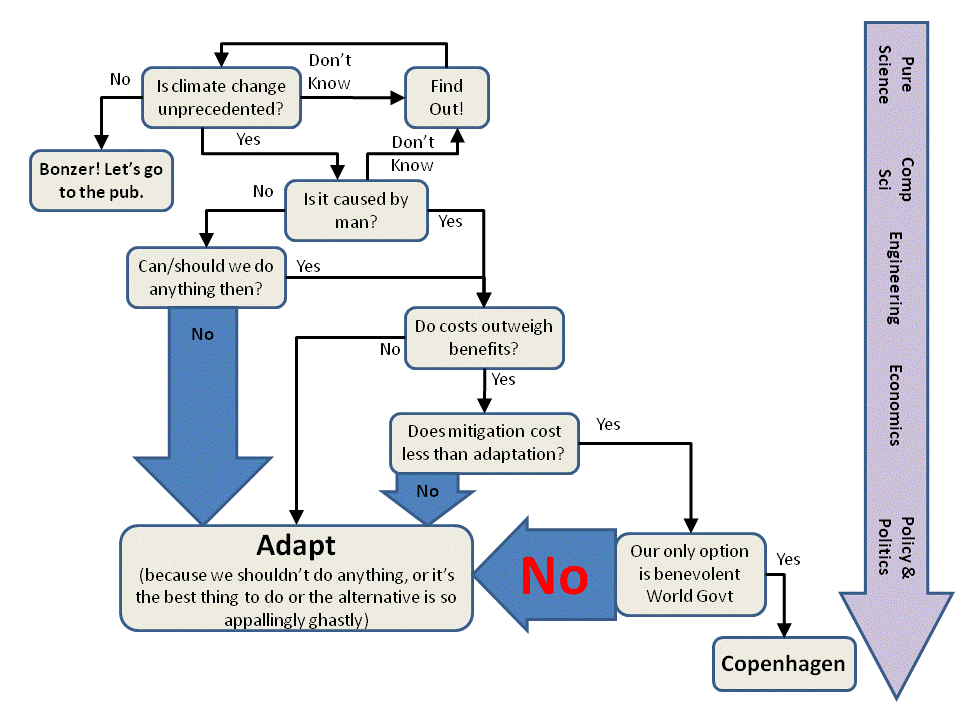UPDATE: The New York Times actually prints a favorable review of her book and most of the comments are about what one would expect from the Times readers.
I like Sarah Palin and have since I first heard about her record as governor of Alaska. I reviewed her book and was particularly interested in the sections on her career in local government. One reason is because I know someone a lot like her and because I saw what happened to reformers in local government in my own small city. A history of the reform group in Mission Viejo, where I live and have lived since 1972, is here. I became vaguely aware of the group when the apartment issue reared its ugly head. Mission Viejo is a small city that was planned in 1962, at a time that Orange County was a bedroom community for people who commuted to Los Angeles to work. It was definitely middle class and new homes sold for about $25,000 to $65,000. There were model homes and the homes were typically sold before they were built, at least in the early days. There was a cluster of apartments in the center of the city and these were almost completely occupied by families waiting for their home to be built.
The huge apartment project that first got my attention was a change in the city master plan and violated the principles of planning that made this a good place to live. The first planned cities did not anticipate the rise of small business and the information economy. The assumption was that most residents would commute. The city plan did not include much of a commercial zone since local offices would probably be local businesses like lawyers, doctors and accountants. Newer developments have included large swaths of low industrial park that reduces commuter traffic and allows small business to be located in proximity to the homes of the owners and employees. That was still to be learned when Mission Viejo was planned.
In 1995 or so, real estate developers proposed a large apartment project that would require changes in the master plan and zoning laws. Large apartment projects are not very friendly to neighbors. They increase traffic and often demand additional school construction while contributing little to the tax base. They also tend to attract crime and often add to parking problems since the parking codes do not anticipate families with four cars occupying a two bedroom unit. In my time on the Transportation and Planning Commission, I became very aware of these issues.
Others, who knew more about it than I did, organized a petition drive opposing the project and the master plan change. I signed the petition and attended the Planning Commission meeting. I got a lesson in local government tyranny. The agenda placed the item last so the enormous crowd, probably 500 or so. had to wait until midnight to get a hearing. This, of course, was planned to tire out all but the most enthusiastic. The Commission cared little about the comfort of the protestors. They voted approval of the project in spite of the petition and the attendance of hundreds. The scene was reminiscent of the town halls last summer.
In 2000, I became aware of more nastiness during the election. I had voted by absentee as I had to be in Ohio on business election day. Ironically, the person who was the victim of the nastiness and the cause of my entry into electoral activism, when finally elected to the city council, turned out to be a faker and made lots of new friends among developers and other shady characters. If you get involved in politics, prepare to be disappointed. The rest of the story is pretty much at the link.
My story begins about here:
Fall 2000 CIG members support Gail Reavis for city council.
Gail Reavis is a very nice lady who reminds me of Sarah Palin. What follows explains why.
Nov 2000 General Election. CIG member Gail Reavis, in her first race for elected office, defeats an incumbent after he spent $80,000 in the most costly candidate expenditure in city history.
The election of Gail to the city council infuriated the majority, which had had things largely to itself. The first of the reformers to be elected, John Paul Ledesma, was a minority of one and could be ignored. He, however, was the one who got them in trouble over the Brown Act violation since he knew they had violated it. For this mortal sin, he was ostracized. When Gail was elected, the majority felt a chill.
The majority, which consisted of two women and a man, decided that she would not be tolerated. The women would not speak to her and, more frustrating, they refused to confirm her appointments to city commissions. This had never happened before but they would not allow her to exercise the normal functions of her position. At this point, after they had voted down her nominee for the Planning Commission, I was asked if I would be willing to serve. I was interested and she nominated me to the commission. I had never met Gail before that meeting. I did have one quality the others didn’t. I had operated on one of the councilwomen or her husband. I really didn’t remember them but didn’t let on as she voted for me and then congratulated me.
For the next two years I served on the commission and got a real dose of nasty local politics. The new city hall was built in spite of opposition from the CIG group. It was far too expensive for our small city. When it opened, a reception was held by the council majority to which the city residents were not invited. It was that kind of situation. When I went to the city hall for my first commission meeting after it opened, I was informed by the receptionist that I could not go to the first floor meeting room without an escort. I wrote a letter to the local paper complaining about the whole tone of the “Taj Majal” city hall, as many of us had begun calling it. The day the weekly paper came out, I got a furious phone call at home from the city manager. He was in a rage because I had criticized the city in a newspaper. He was in such a rage that spittle could have shorted out his phone. I informed him that I did not work for him and when that didn’t calm him down, I finally told him I was recording the call. He quickly hung up. He also had a couple of rages that affected Gail who is a small stature woman and which occurred in the city hall. She called me and I suggested she get the names of witnesses.
Then came the earthquake:
Nov 5, 2002 “Shock and Awe.” Clean Sweep. Three city council candidates, strongly supported by CIG members, defeat high profile incumbent mayor and mayor pro-tem. Trish Kelley, John Paul Ledesma and Lance MacLean finish first, second and third.
Now, we had four of five council members from the reform group. The city manager knew his job was in trouble so he filed a harassment lawsuit against the tiny woman he had threatened in one of his rages. His remaining allies on the council plus a turncoat from the supposed reform majority, gave him a $500,000 settlement.
By 2004, the reform majority was breaking up under the stress of learning that power corrupts and political allies will sell out or just go off the reservation for no good reason if they are silly enough (Examples of both). Gail, however, continued to read the city check register and find all sorts of nasty little “easter eggs” in there. For her troubles, she was hated by the friends of the old majority and some of her supporters were hassled and nitpicked. Finally, she decided not to run for re-election last year. Her husband said it wasn’t worth it and she had no higher office ambitions.
Knowing the story gave me a lot of insight into what Sarah Palin went through and is still going through. Henry Kissinger once said that the politics of the Harvard faculty were far more cut throat than anything he saw from the Russians. The reason, he said, was because the stakes are so small. I think that is also true of small city government although the feckless city council of Mission Viejo may eventually bankrupt the city. There are too many employees with too high salaries and pensions and the city gave away too many handouts to friends. Some of the story can be found in exchanges of letters in local papers, like these. The big newspapers show little interest in small cities so a lot of this goes along under the radar. Fortunately, we have some local blogs that make up the difference. And sometimes we get really good local office holders like Gail Reavis and Sarah Palin and some us know enough to appreciate them.
Not enough, though.


